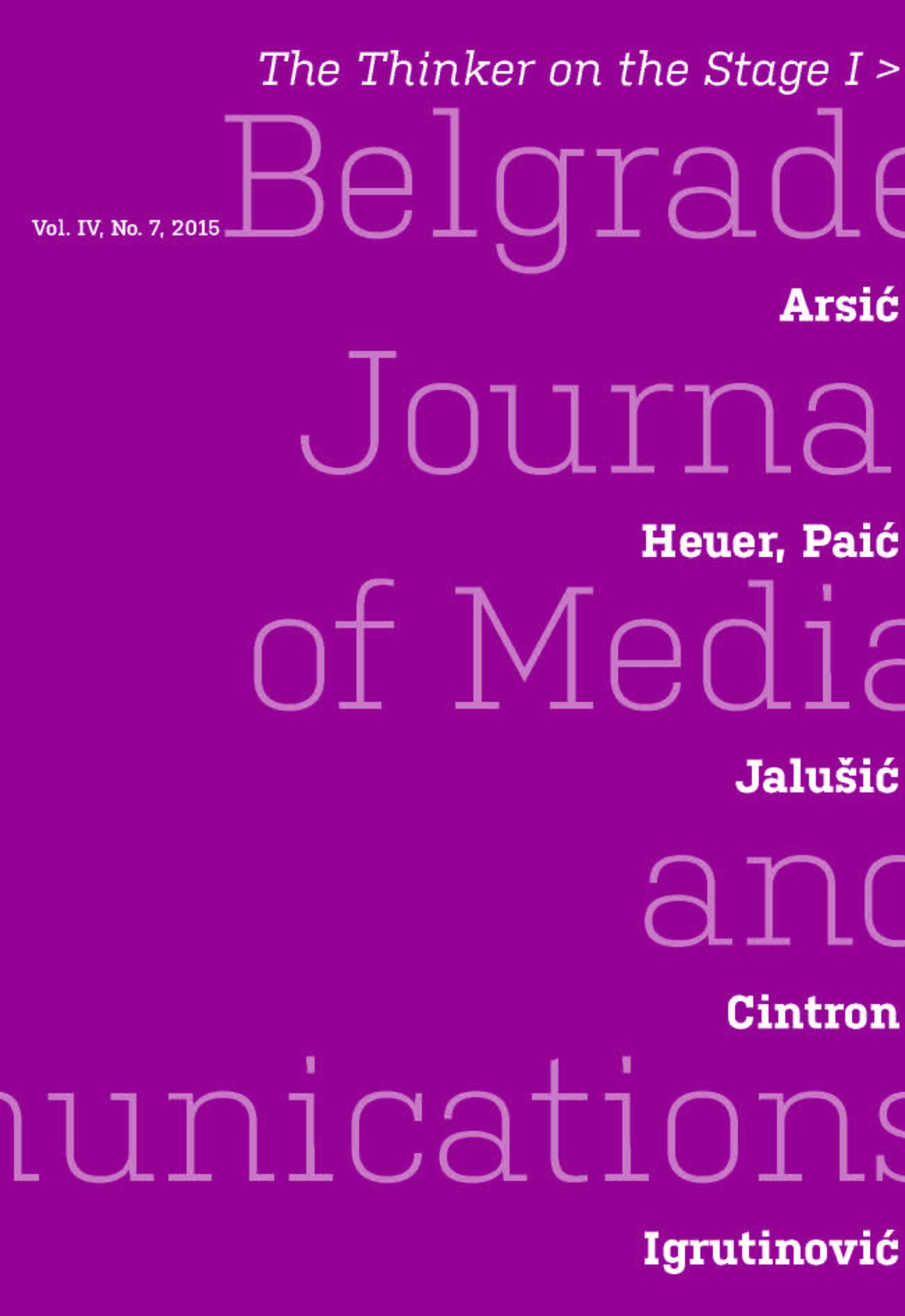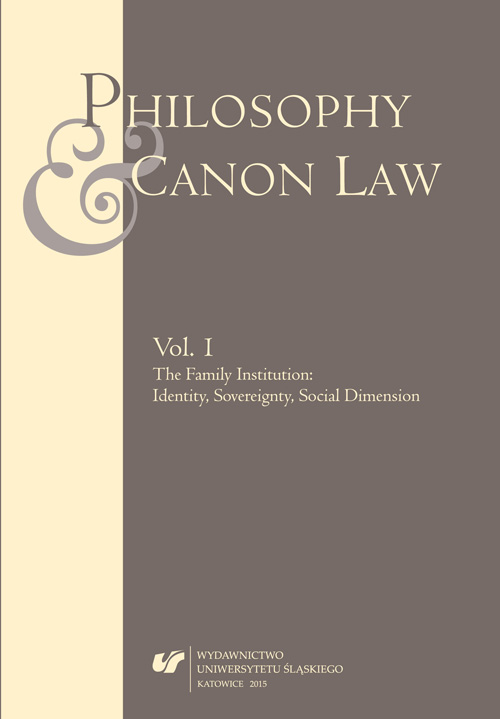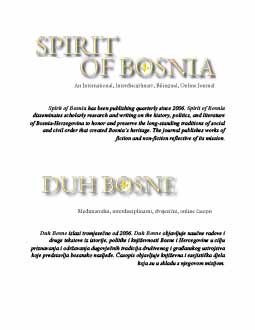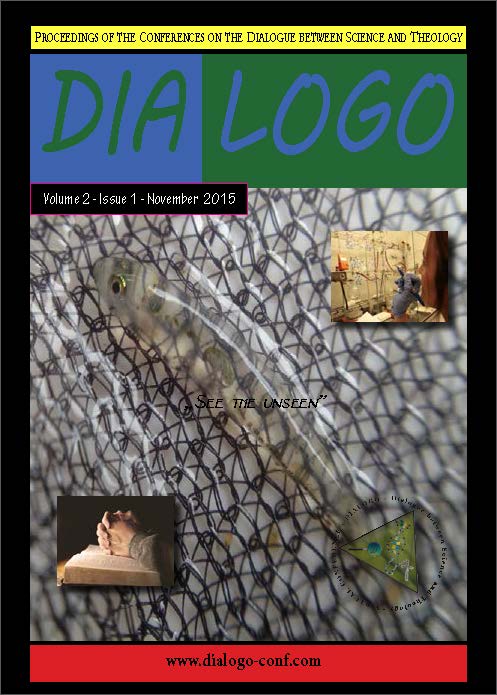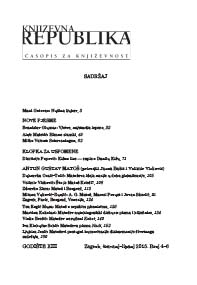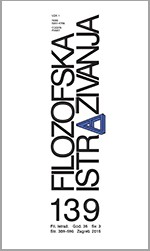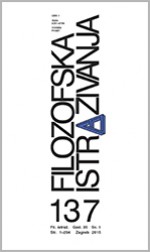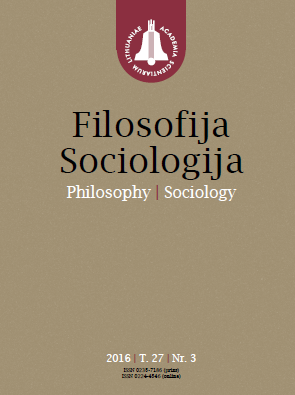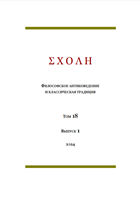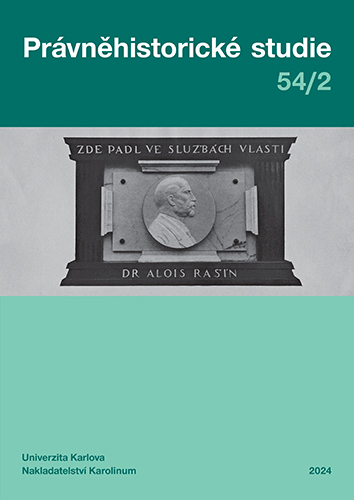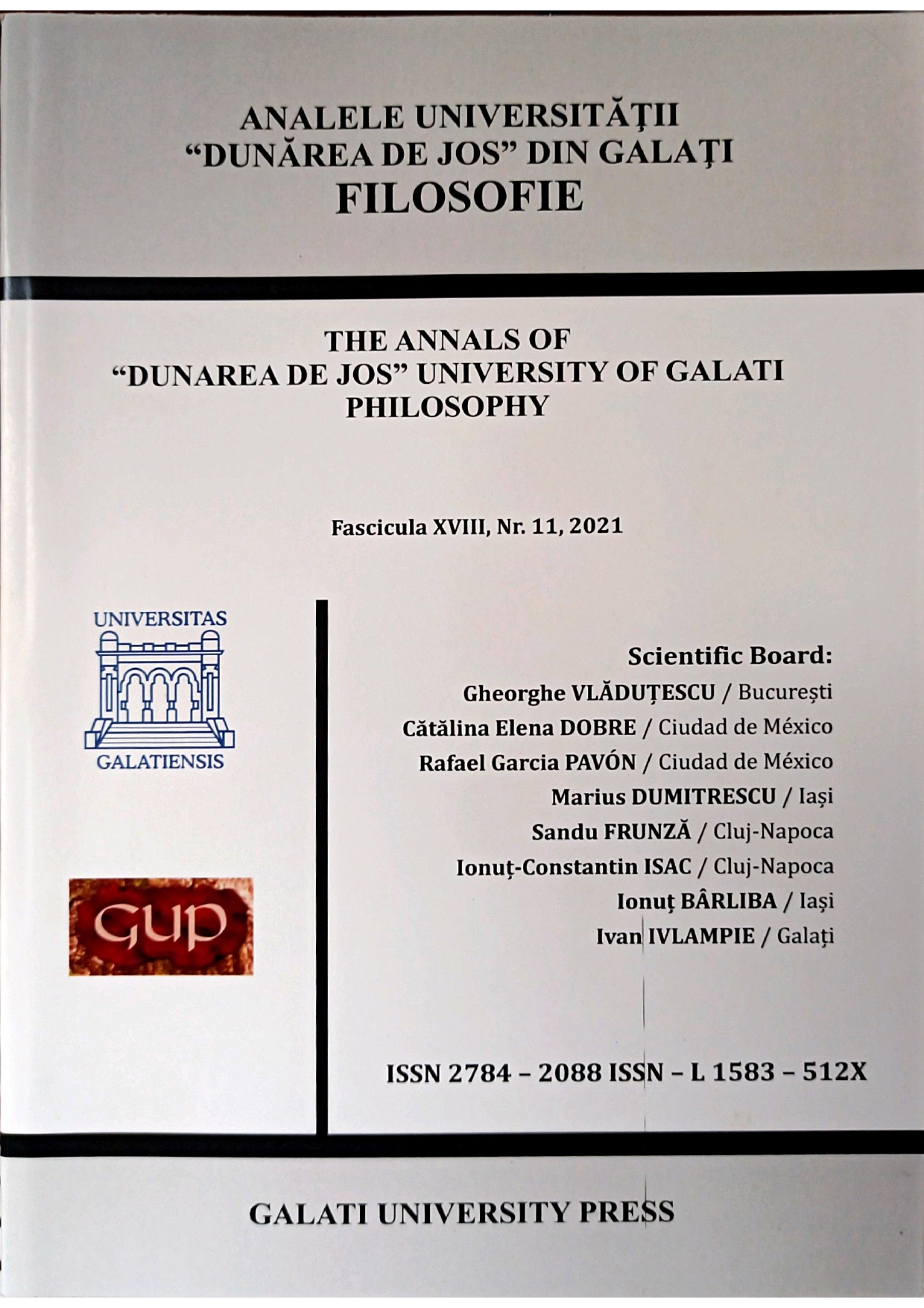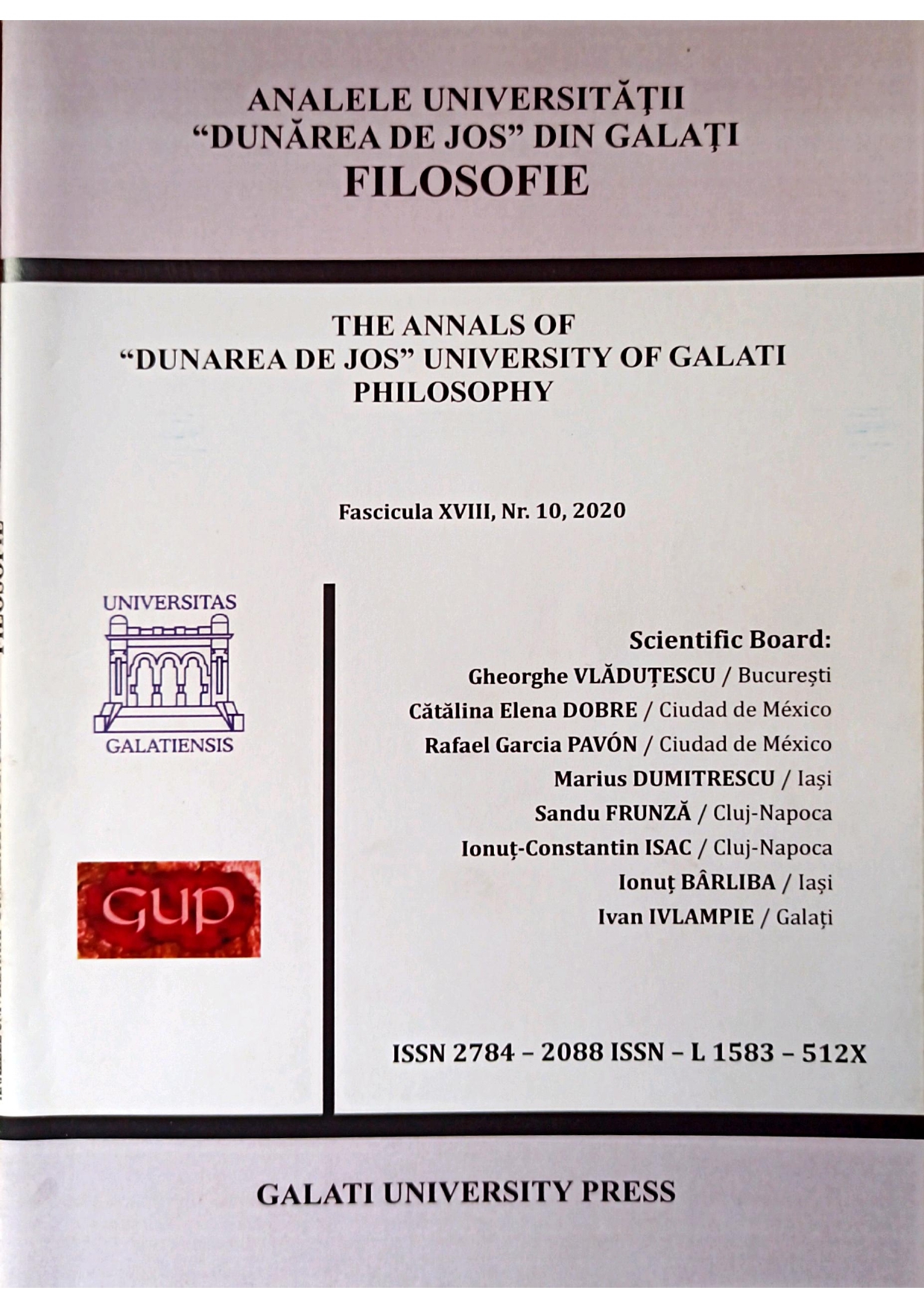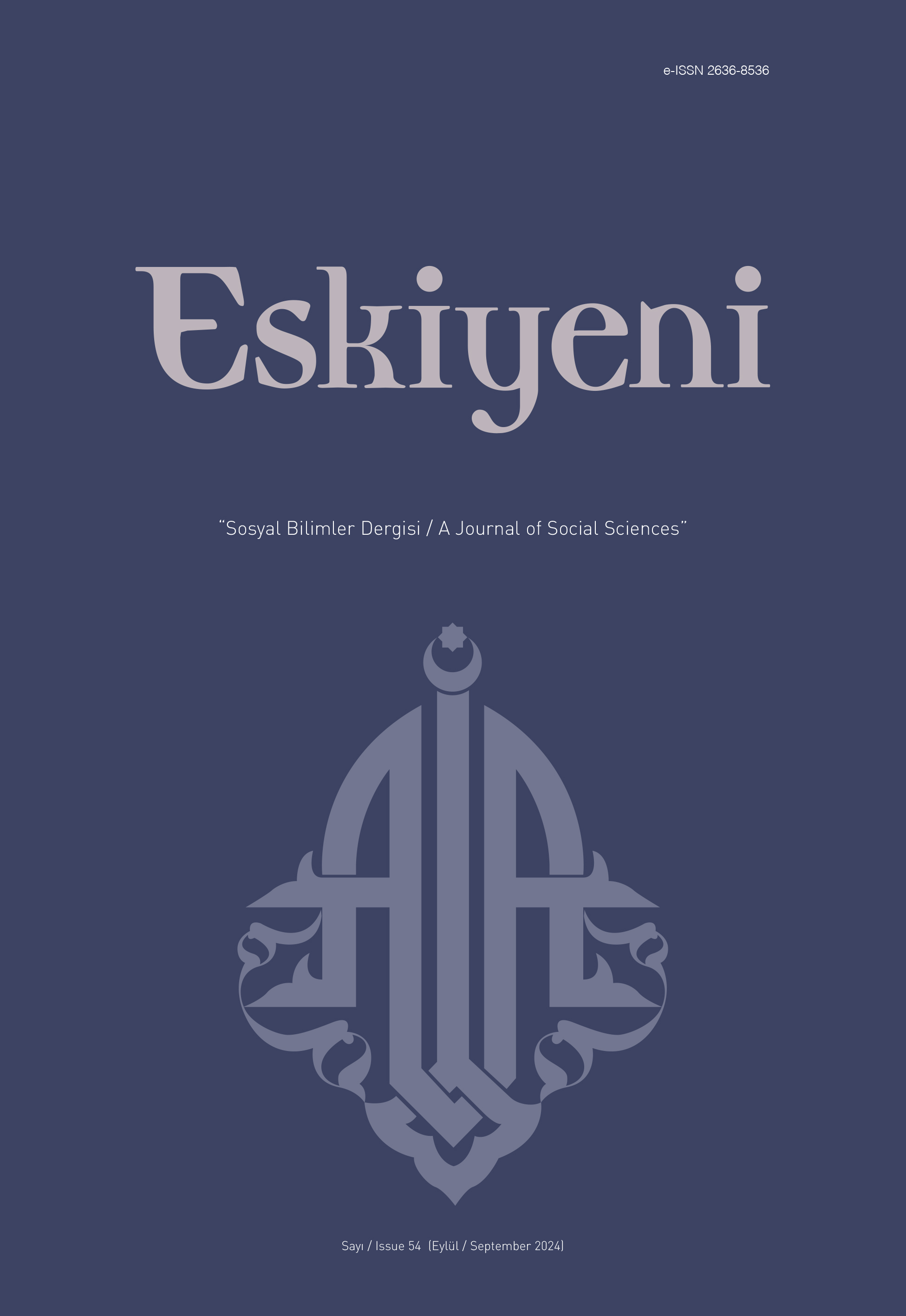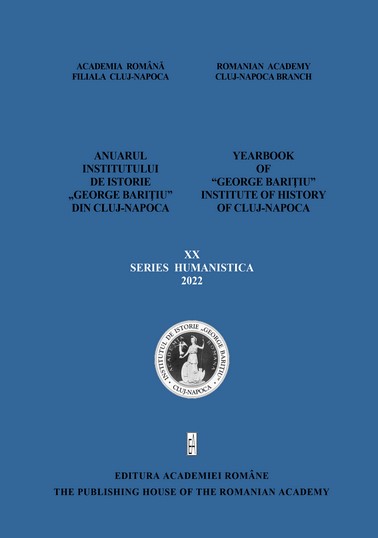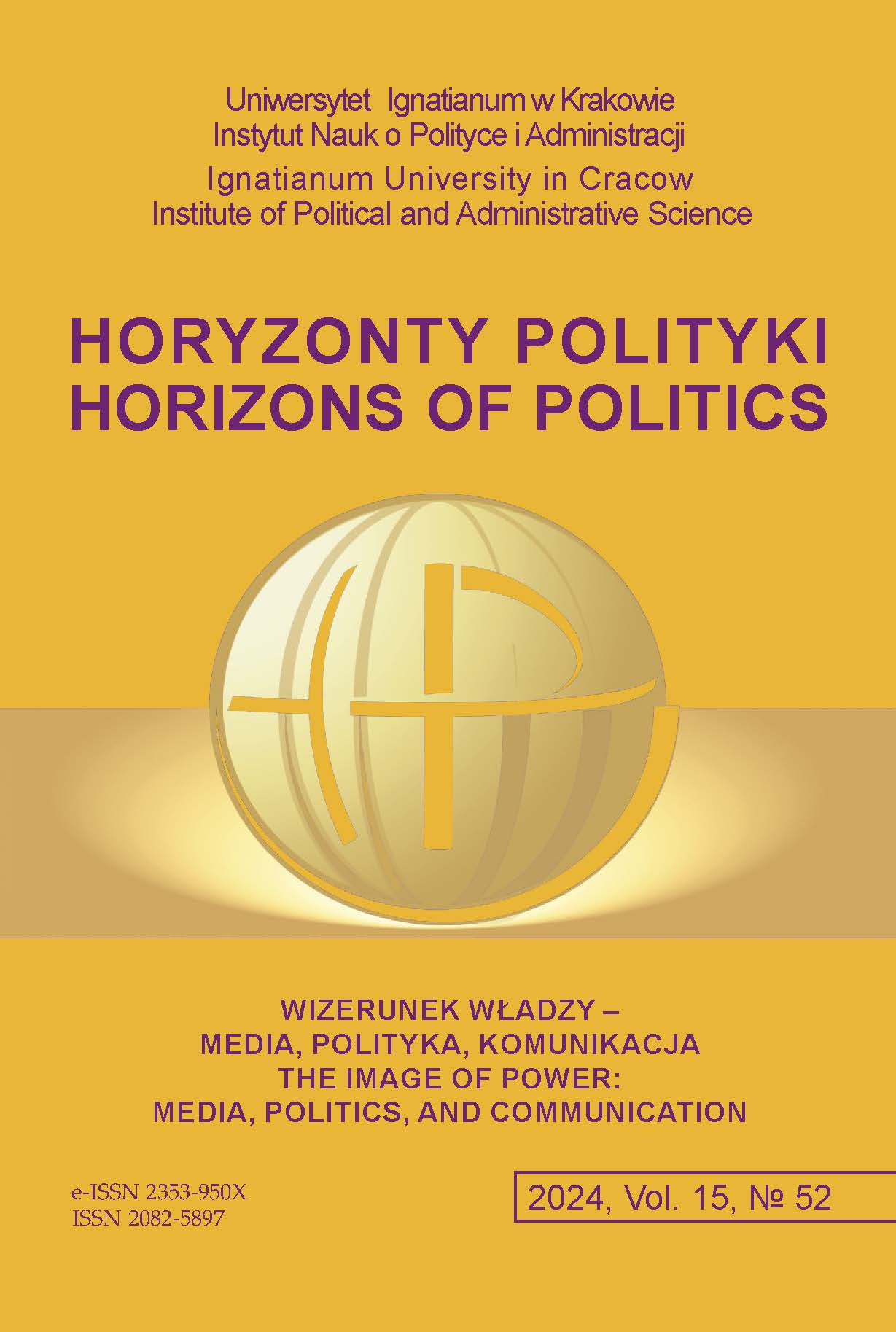Author(s): Fatma Dore / Language(s): Turkish
Issue: 54/2024
The copula is a linguistic unit that means bond, conjunction, relation, connector of the predicate to the subject in a proposition, and in logic expresssing judgement. In most Indo-European languages the main copula is a verb meaning to be such as to be in English or être in French. In ancient Greek, the language of Aristotle, the word είναι (einai), is the infinitive of the verb εἰμί (eimi), which has the third person singular ἐστί (esti) and is -dir in Turkish. Originally from what is now Kazakhstan, al-Fārābī drew on the work of Aristotle in his own work on logic, which he wrote in Arabic in accordance with the scientific understanding of the period. Although the Arabic, which belongs to the Semitic family of languages, is perfectly capable of combining words, it lacks an explicit copula. However, it was necessary to create one in order to translate Aristotle accurately, so earlier Arabic translators of his work had already proposed the terms هو (huwa) or الموجود (mawjūd) which were used in the form of يوجَد (yūjad), both derived from الوجود (wujūd), meaning “being, existing”, for an explicit copula. Similarly influenced by Aristotle to feel that to use of copula is necessary for the exposition of logic, there is a need for a use of a copula, al-Fārābī is clearly drawn to yūjad. What brings him to this position is his mutliligualism and his ethnicity. For in addition to his native Turkish language and the Arabic, his knowledge of the Indo-European languages of Sogdian and Fārsī gives him with an understanding of a verb meaning to be that is بودن (būdan) in Fārsī and which is cognate with Aristotle’s είναι (einai). The same sense is carried in Turkic languages, not through a verb as such, but rather through a predicate adjective, which in modern Turkish is var, but which also carries a meaning of to be present. With al-Fārābī’s ethnic Turkic background, as it is the similarities between “yujad” and the Turkic term “var” that make it so attractive to him.
More...
